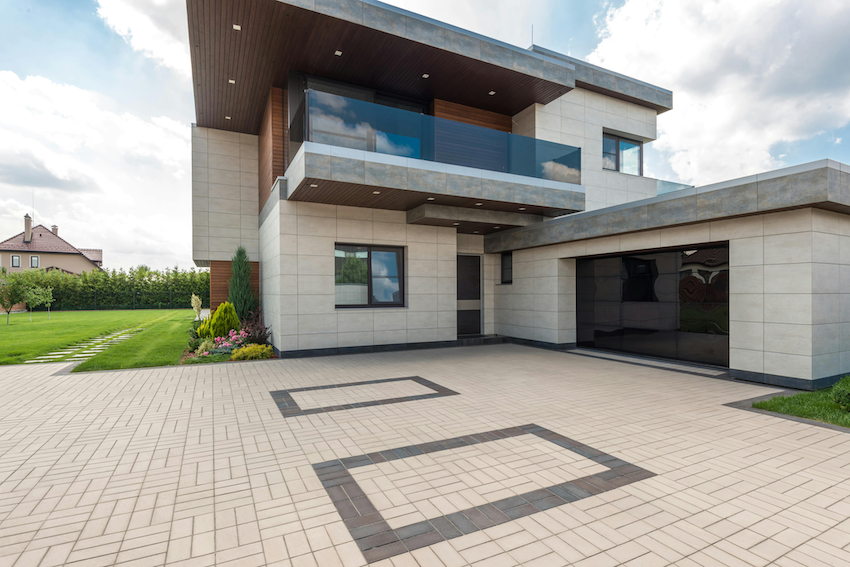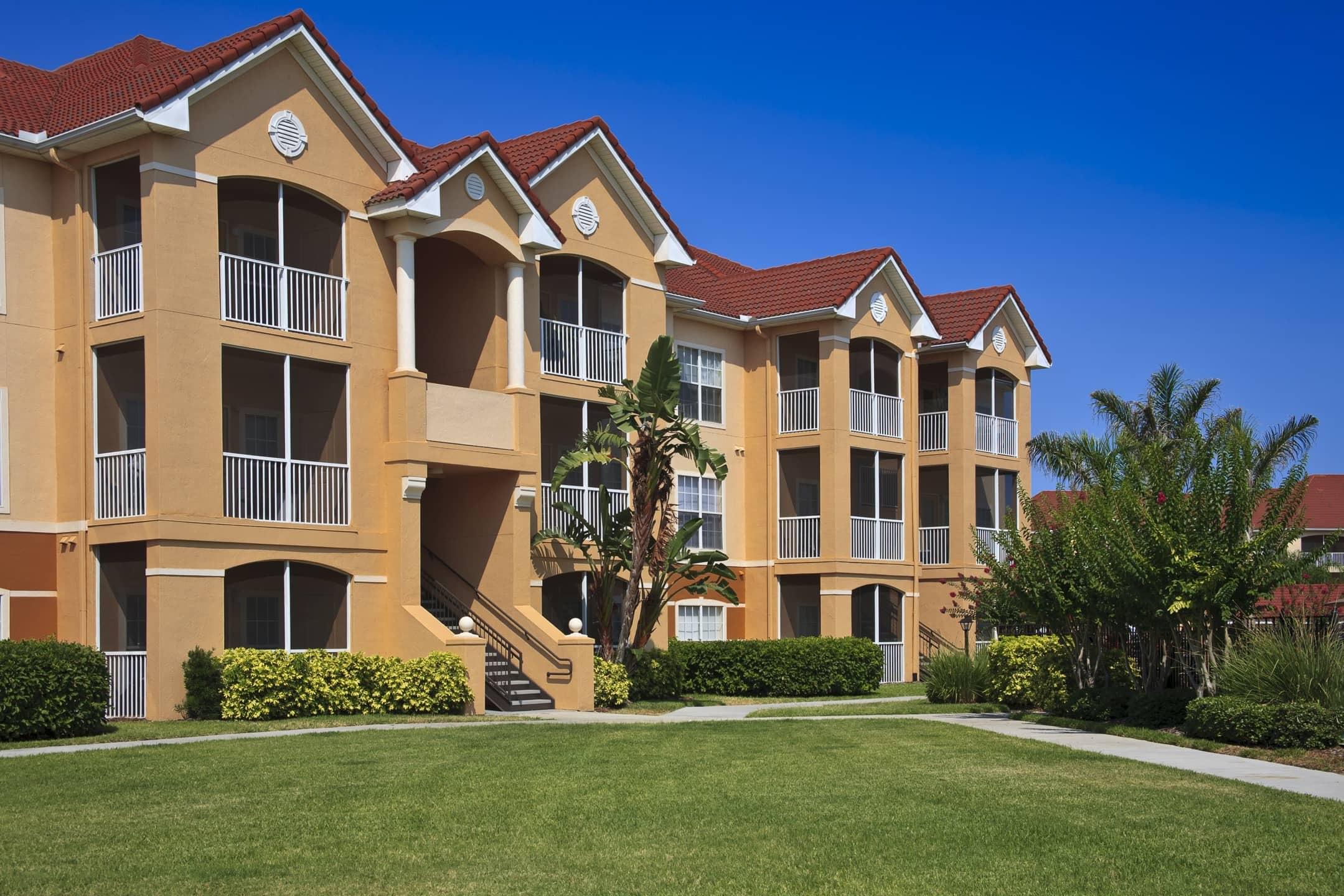What is homeowners insurance?

Homeowners insurance offers the added security of financial protection against property damage or loss of personal belongings.
In the event of a fire or natural disaster, this type of insurance reimburses the homeowner for repairs or replacement of lost property.
This coverage also protects the homeowner from legal liability in the event that a property loss, injury or death should occur on the property.
How does homeowners insurance work?
Before closing on a loan, lenders will usually require prospective homebuyers to provide proof of insurance coverage.
Buyers have the choice to provide their own homeowners insurance or acquire coverage via their lender through an affiliated insurance company. If coverage is obtained through the lender, the first year is paid in full at closing. The lender then collects a portion each month as part of the monthly mortgage installments. Those funds are then moved to the insurance provider to retain coverage.
While homeowners insurance is intended to protect the borrower’s investment, it does not provide the same coverage as mortgage insurance, which is designed to protect the lender’s stake in the property.
Mortgage insurance is usually required when the buyer's financial situation does not meet the typical standards for a loan.
If a homebuyer makes a smaller down payment, for example, the lender may feel that the borrower is a higher risk and may not be able to afford a long-term mortgage loan. To protect against this added risk, lenders will take out a mortgage insurance policy, which provides reimbursement in the event of a foreclosure.
While mortgage insurance policies protect the lender’s stake in a property, fees for this coverage are paid by the borrower and folded into monthly mortgage installments.
What is covered by homeowners insurance?
Insurance companies provide compensation in the event of specific disasters that could potentially impact a property. Fire, vandalism, weather damage and theft can all be covered with a homeowners insurance policy.
Personal possessions or other assets kept inside the home or on the property are also eligible for coverage under most policies. Insurance companies tend to put a limit on how much repayment can go towards possessions, usually around 50% - 70% of the policy’s coverage.
These insurance policies also protect the homeowner from lawsuits that arise due to incidents that occur on the property. If the policy holder is sued for loss of assets, injury or death, insurance companies help cover resulting liability payments.
What isn’t covered by homeowners insurance?
While homeowners insurance is designed to protect against the cost of damage to a property, there are several scenarios that these policies do not insure and additional coverage may be required:
Flooding
If damage is caused by external factors like floods, the repair costs are usually not covered by typical homeowners insurance plans. Some plans might stipulate that flooding must occur from broken pipes or overflowing drains in order to be covered. Many providers offer flood insurance which can be purchased as an additional policy if necessary.
Natural disasters
Damage caused by natural disasters such as earthquakes, hail and hurricanes may not be covered by typical homeowner’s insurance policies. Homebuyers in high-risk areas for earthquakes or hurricanes will usually take out a policy for catastrophe insurance to cover these potential costs.
Upkeep issues
Costs stemming from neglect or poor maintenance of a property will also not be covered by homeowners insurance.
This can include damage caused by insects, animals, mold or general deterioration that goes unchecked by the property owner.
In conclusion
While homeowners insurance will protect the property owner against certain repair costs and liabilities, it is important to understand the limitations of that coverage.
Buyers should always check with their insurance provider to be certain that additional insurance options are not necessary.




